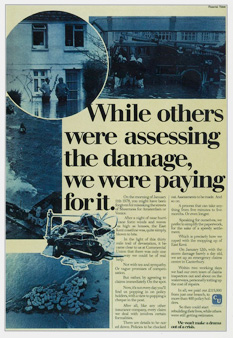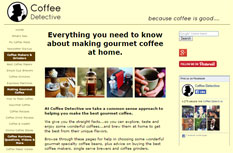 I had lunch with a colleague last week.
I had lunch with a colleague last week.
Like me, he comes from an ad agency background from way back.
We have the same opinions about a few aspects of advertising and copywriting.
First, we both get hugely irritated by bad advertising. We hate blunt, clumsy ads and blunt, clumsy copywriting.
And we both agree that really good copywriting is also really good writing.
That shared opinion led me to tell him the story I share in my live talks about copywriting. It’s about a series of ads written for an insurance company in the UK back in the 1970s. The company was Commercial Union and the copywriter was Susie Henry.
Reading her ads is a joy. She followed advertising legend Bill Bernbach’s philosophy that “good taste, good art, and good writing can be good selling”.
Her copy style was also conversational…it was “across the kitchen table” copywriting. In that sense she anticipated the more conversational style of writing for the web.
Read the full post…
 If you look back over the work you have done as a freelance writer or copywriter over the last year, you can probably identify one or two jobs that stand out from the rest.
If you look back over the work you have done as a freelance writer or copywriter over the last year, you can probably identify one or two jobs that stand out from the rest.
 I had lunch with a colleague last week.
I had lunch with a colleague last week. Back in the early days of the web we followed the lead of traditional media.
Back in the early days of the web we followed the lead of traditional media. You probably remember this from your own time at school.
You probably remember this from your own time at school. You’re driving downtown, in three lanes of traffic, during rush hour on a Friday afternoon.
You’re driving downtown, in three lanes of traffic, during rush hour on a Friday afternoon. It used to be easy to win with keywords.
It used to be easy to win with keywords.